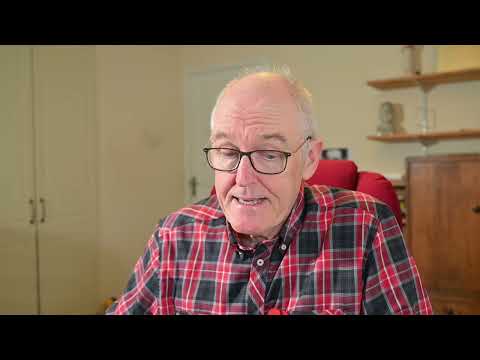Pharmaceutical product recall, part 2
Pharmaceutical product recall and educated hesitancy towards new drugs and novel vaccines
https://journals.sagepub.com/doi/10.1177/09246479241292008
Of many pharmaceutical products launched for the benefit of humanity, a significant number have had to be recalled from the marketplace due to adverse events.
A systematic review, 1953 – 2013
Recalls for 462 pharmaceutical products
In our current and remarkable period of medical history
Excess mortality figures are high in many countries,
often ignored or dismissed by mainstream news outlets.
This excess mortality may include adverse effects caused by novel pharmaceutical agents that use gene-code technology.
Results
Parallels with past drug withdrawals and gene-based vaccines,
include distortion of clinical trial data,
with critical adverse event data absent from high-impact journal publications.
Delayed regulatory action on pharmacovigilance data to trigger market withdrawal,
occurred with Vioxx (rofecoxib), rof e cox ib
and is apparent with the gene-based COVID-19 vaccines.
Conclusion
Public health requires access to raw clinical trial data,
improved transparency from corporations and heightened, active pharmacovigilance worldwide.
Introduction
Strong science, characterised by open mindedness, objectivity, curiosity and freedom of debate,
can be corrupted by capitalist opportunism, deception, political ideology and censorship.
The global pharmaceutical industry revenue
390 billion USD (2001)
1482 billion USD (2022)
From 1953 onwards
462 + medicinal products have had to be recalled
Median interval, first reported adverse reaction to year of first withdrawal, 6 years (IQR, 1–15)
Thalidomide
1957, marketed in Germany
1958, thalidomide was licensed and promoted in the UK as a “wonder drug” to treat headaches, insomnia, and nausea in pregnant women
Advertisements emphasised safety
catch phrases such as “non-toxic” and “no known toxicity”
1961, first publication on birth defect
1961, thalidomide withdrawn
2023, Australian Prime Minister announced a “formal national apology to all Australians impacted by the Thalidomide Tragedy”
FDA scientist Frances Kelsey
Demanded further safety trials prior to market authorisation,
thalidomide was never approved for release in the USA
Vioxx (rofecoxib), withdrawn, 2004
Concealed adverse cardiovascular events in the Vioxx arm of the study
American physicians, support and finance for research,
defamed, withdrew support, and tried to discredit or “neutralise” those who failed to promote use of Vioxx
(Federal Court in Melbourne, Australia)
Over 20 million people in the US are believed to have taken vioxx,
of whom an estimated 88,000 to 139,000 suffered myocardial infarctions, with 30–40% fatality rate
(testimony of Dr Graham to the US Senate), https://www.finance.senate.gov/imo/media/doc/111804dgtest.pdf
Merck had created a settlement fund of $4.85 billion
COVID-19 gene-based vaccines
The key failure is to have mandated injections in young and healthy adults;
these mandates correlate with excess mortality.
BMJ Public Health
https://bmjpublichealth.bmj.com/content/2/1/e000282
Excess mortality January 2020 to December 2022
47 Western nations,
over three million excess deaths,
the highest number of excess deaths was reported in 2021
(the year in which mass vaccination began)
Use of the term “vaccine” for novel experimental agents that deploy gene codes may convey a false sense of assurance.
Key failures
Coercion and mandates, ridicule of educated hesitancy
Western Australia was essentially free of the SARS-CoV-2 virus in 2021.
Medical research
The crisis rests on pressure to publish,
failure to publish negative and/or unfavourable data,
lack of data transparency, “burial” of data
poor methodological design of studies,
statistical errors, carelessness,
inexperience of peer reviewers and editors,
commercial interest, ideological biases, failure to declare conflicts of interest and fraud.
Distorted data, particularly due to commercial bias, is regularly published in medical journals.
“marketing-based medicine” that is at odds with “evidence-based medicine”.
Illusion of evidence-based medicine
Lack of recognition of pharmacovigilance data
A polio vaccine was withdrawn after just 10 death reports,
the Swine Flu vaccine of 1976 was recalled after just 25 of the ultimate 53 death reports.
Pharmacovigilance underestimation factor
Declaration of conflicting interests
The author(s) declared no potential conflicts of interest with respect to the research, authorship, and/or publication of this article.
Funding
The author(s) received no financial support for the research, authorship, and/or publication of this article.




